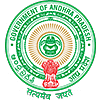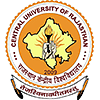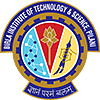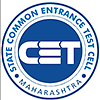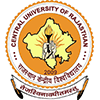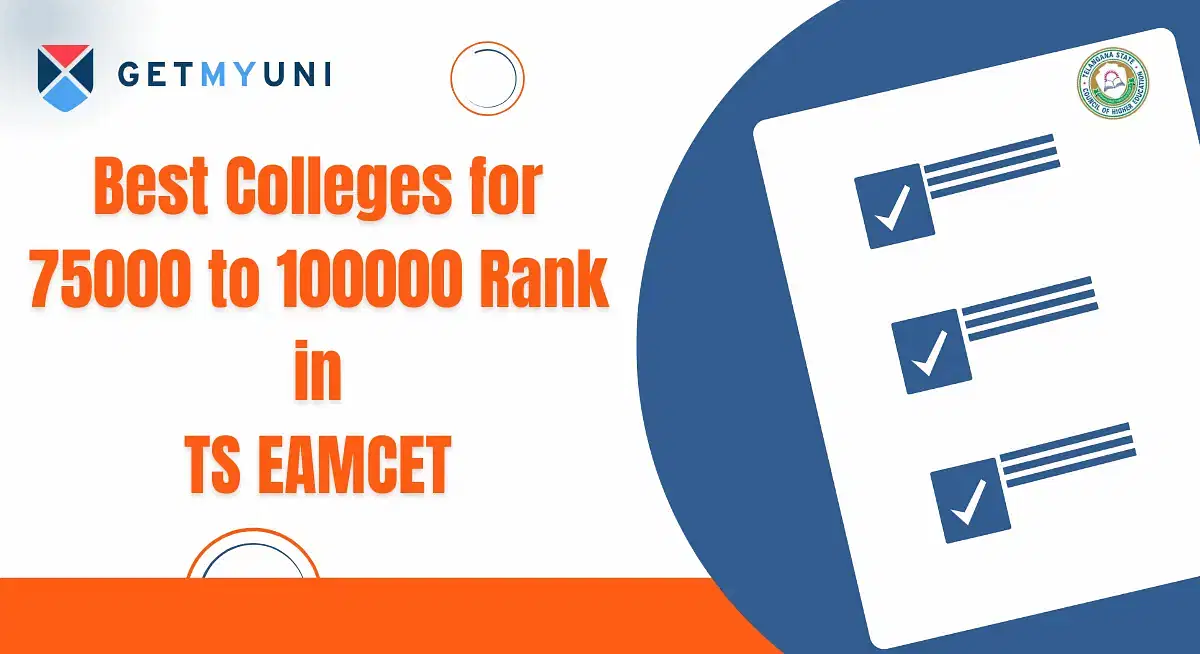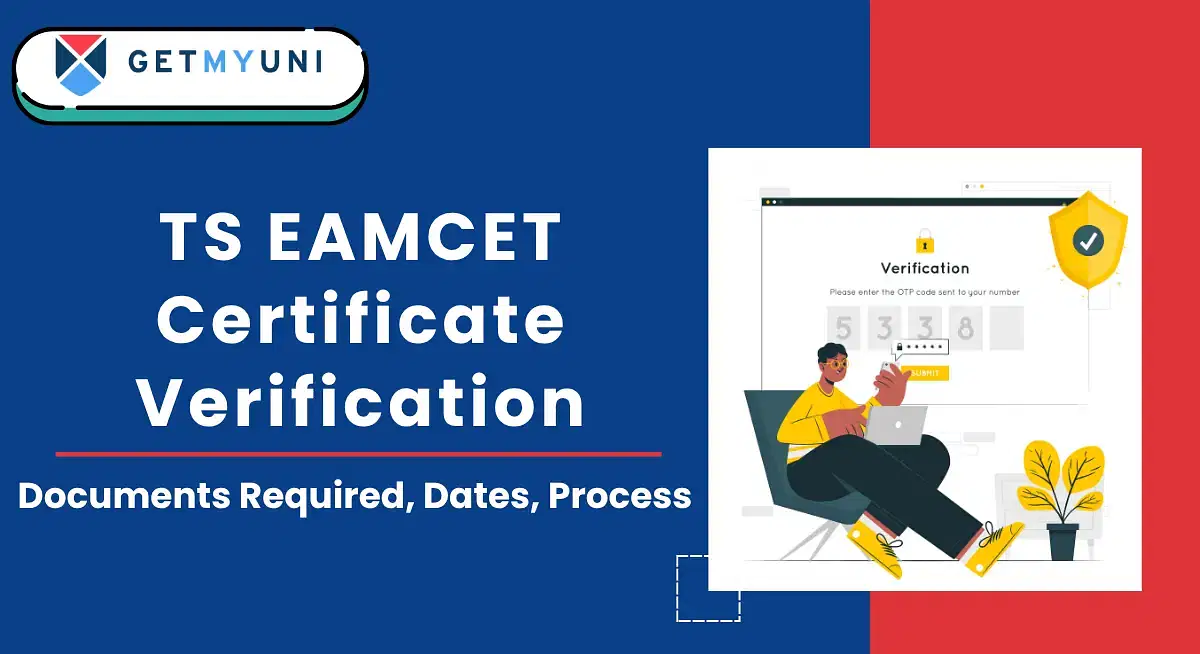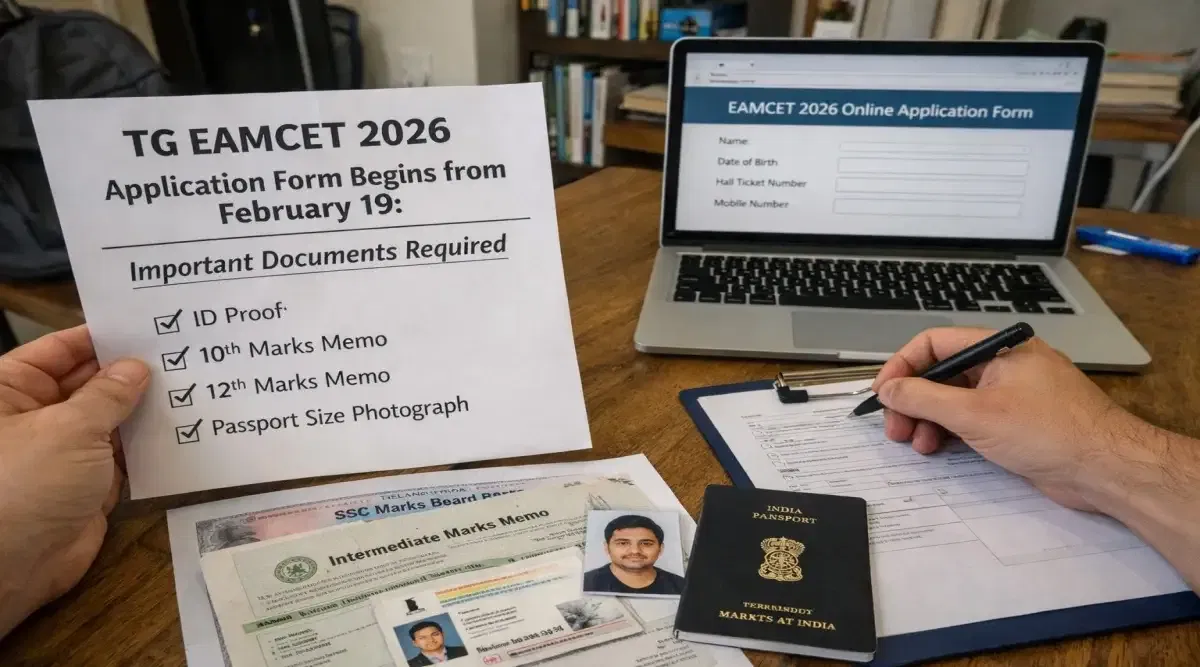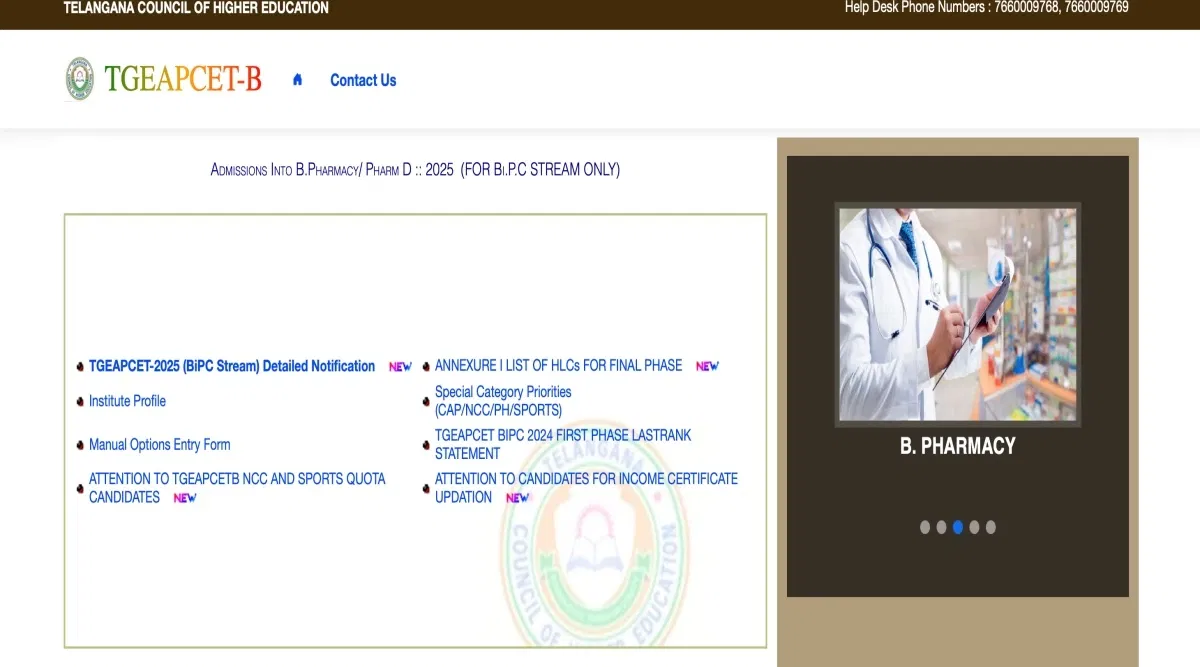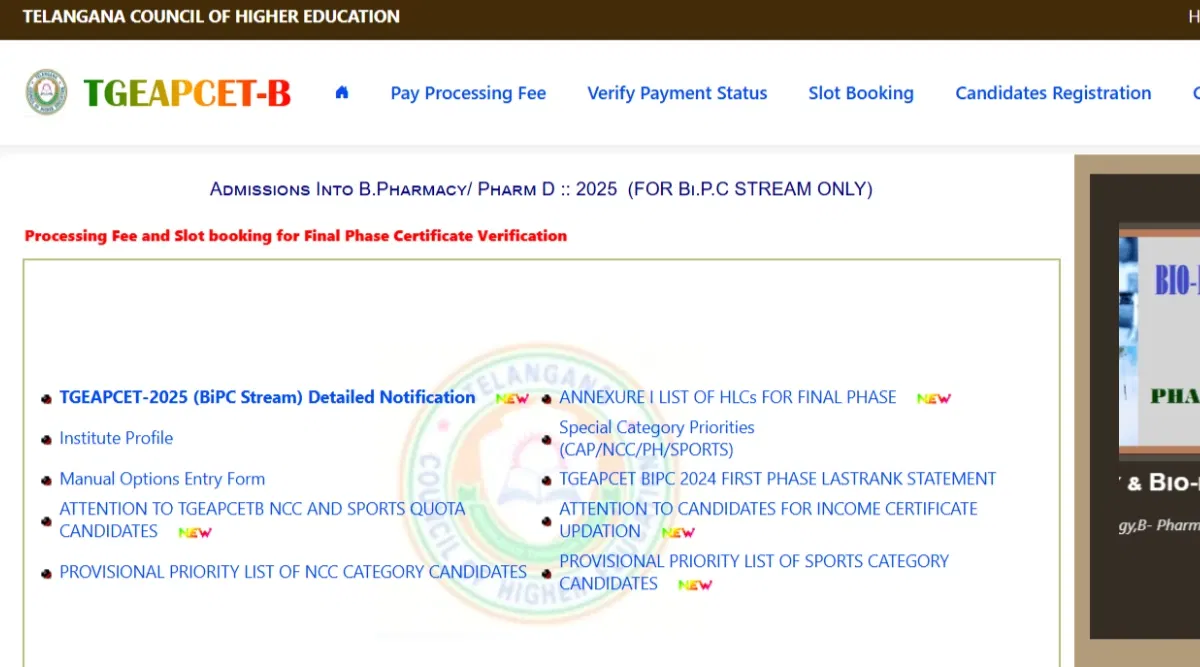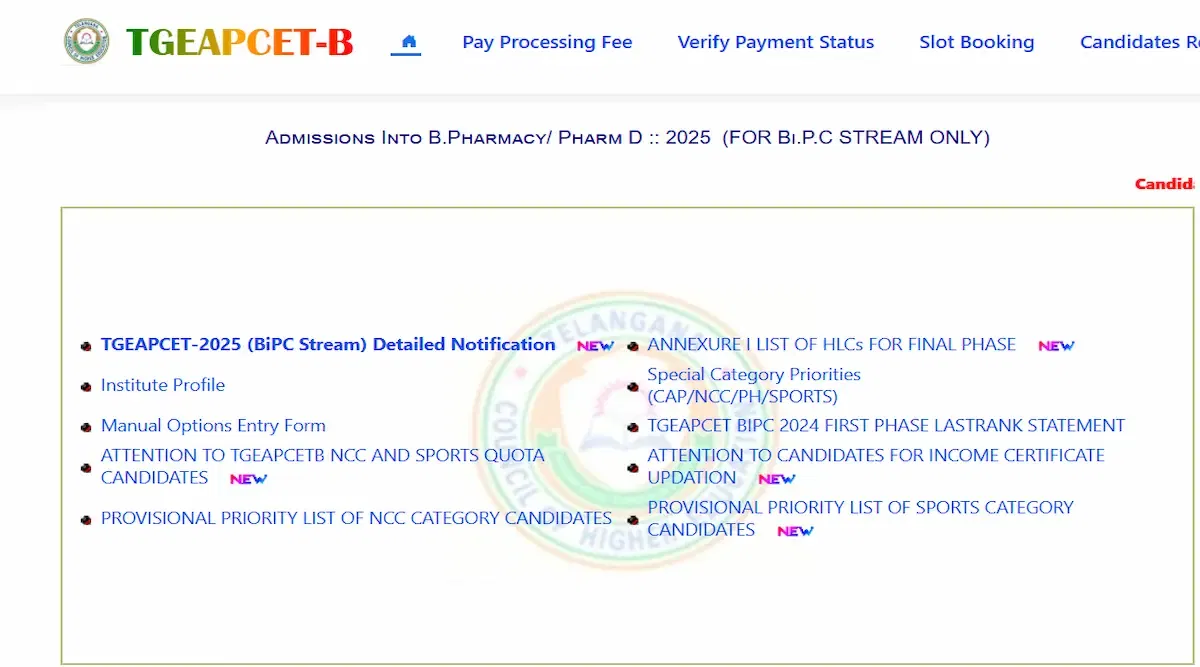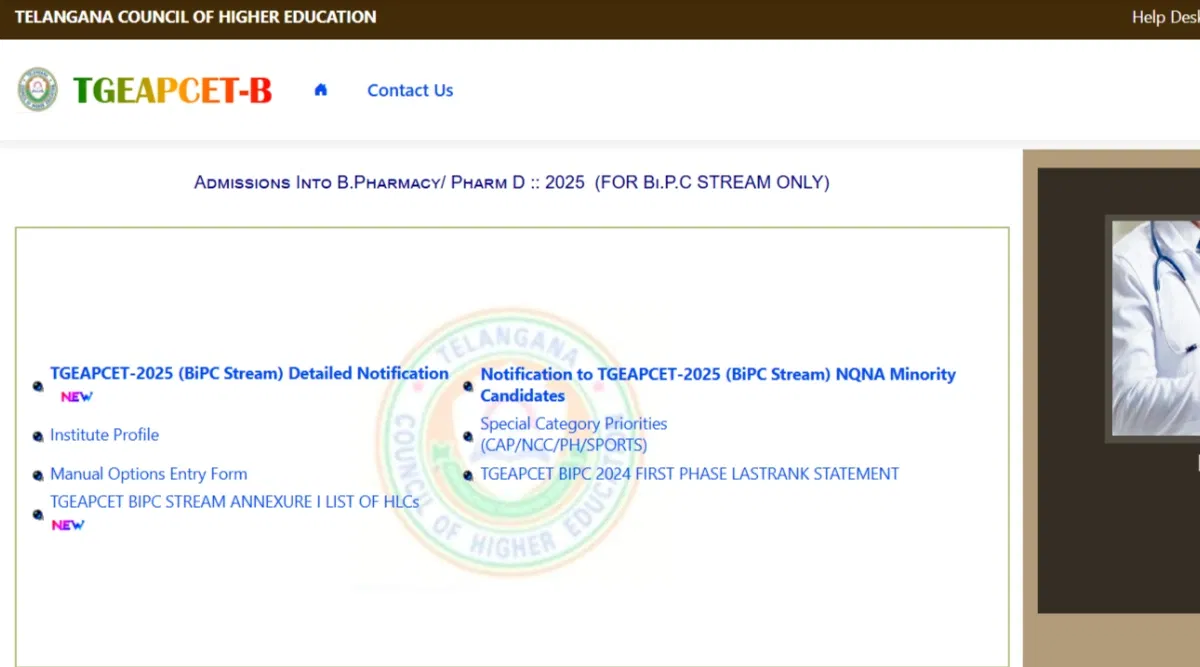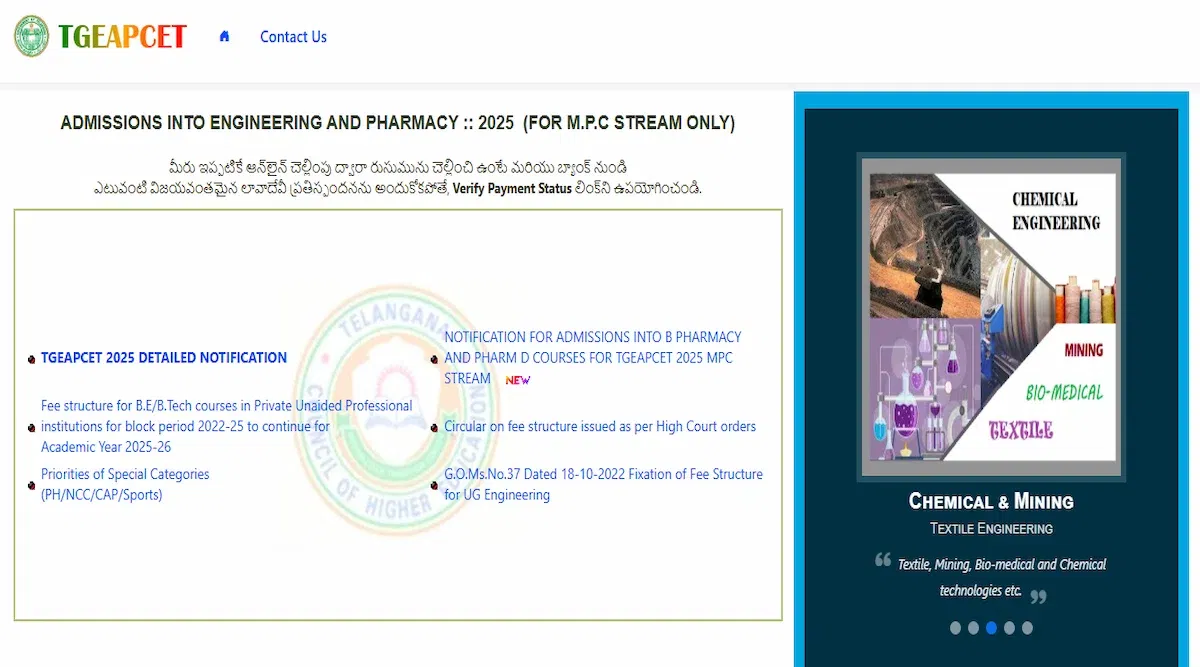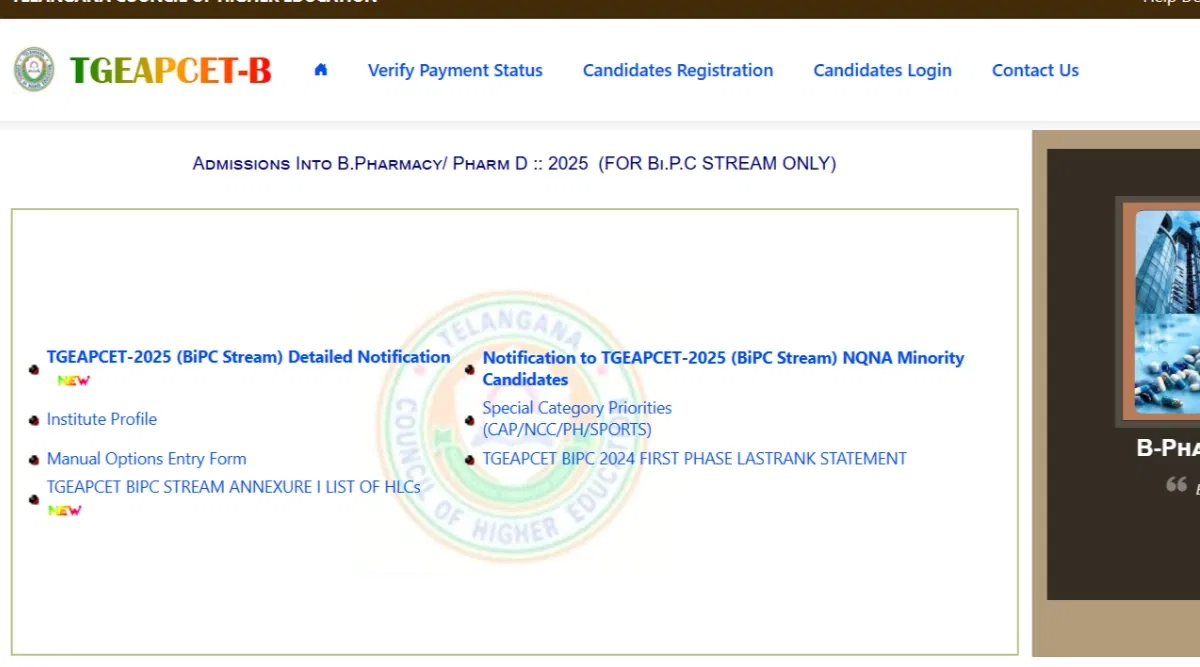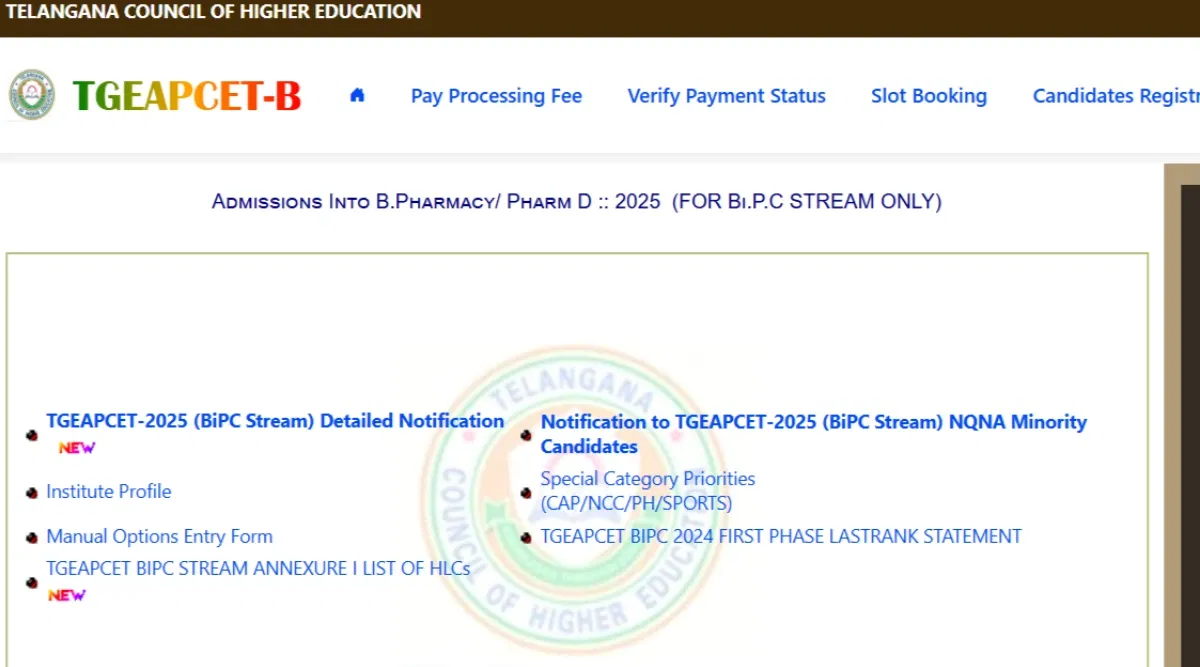
Table of Contents
TS EAMCET Chemistry Syllabus 2025 includes topics such as atomic structure, thermodynamics, organic chemistry, and more. JNTU Hyderabad releases the TS EAPCET (EAMCET) syllabus 2025 on eamcet.tsche.ac.in. The TS EAMCET 2025 Chemistry Syllabus includes essential topics and sub-topics for the Telangana EAMCET exam.The important topics and a chapter-wise weightage of the topics is discussed in detail in this page.
TS EAPCET (EAMCET) is an entrance exam conducted by the Jawaharlal Nehru Technological University (JNTU), Hyderabad, for admission into various undergraduate courses such as Engineering, Agriculture, and Medical.
TS EAPCET (EAMCET) 2025 Chemistry Syllabus PDF
TS EAMCET Chemistry Syllabus 2025 is made available on the official website. Candidates can download the TS EAMCET Chemistry Syllabus PDF from the official website. The direct link to download the syllabus PDF of the Chemistry paper has been provided in the tabular below for applicants reference.
| Particulars | Links |
| TS EAPCET (EAMCET) Chemistry Syllabus PDF | Download Here |
Also Read: How To Get 100 Marks In TS EAMCET?
TS EAMCET Chemistry Syllabus 2025
The TS EAPCET (EAMCET) 2025 Chemistry Syllabus is discussed in detail below. The topics and sub-topics of the Chemistry Syllabus are outlined for the candidates to refer to.
Atomic Structure
- Bohr's Model of the Atom
- Wave-Particle Duality
- Quantum Numbers
- Heisenberg's Uncertainty Principle
- Aufbau Principle
- Pauli's Exclusion Principle
- Electronic Configurations
- Stability of Orbitals.
Classification of Elements and Periodicity
- Modern Periodic Law
- Electronic Configuration
- Trends in Physical and Chemical Properties
- Periodicity of Valence States
- Anomalous Properties of Second-Period Elements.
Chemical Bonding and Molecular Structure
- Kossel-Lewis Approach
- Covalent and Ionic Bonds
- Bond Parameters
- VSEPR Theory
- Valence Bond Theory
- Hybridization
- Coordinate Bond
- Molecular Orbital Theory
- Hydrogen Bonding.
States of Matter: Gases and Liquids
- Intermolecular Forces
- Gas Laws
- Kinetic Molecular Theory
- Real Gas Behaviour
- Deviation from Ideal Gas Behaviour
- Compressibility Factor.
Stoichiometry
- Mole Concept
- Equivalent Weight
- Percentage Composition
- Redox Reactions
- Thermochemistry
- Hess's Law.
Thermodynamics
- Laws of Thermodynamics
- Internal Energy
- Enthalpy
- Calorimetry
- Enthalpy changes
- Spontaneity
- Entropy
- Gibbs Energy.
Chemical Equilibrium and Acids-Bases
- Equilibrium in Physical and Chemical Processes
- Law of Mass Action
- Equilibrium Constant
- Le Chatelier's Principle
- Ionic Equilibrium
- Acids, Bases, and Salts.
Hydrogen and Its Compounds
- Position in the Periodic Table: Dihydrogen
- Hydrides
- Water Properties
- Heavy Water
- Hydrogen as a Fuel.
s-Block Elements (Alkali and Alkaline Earth Metals)
- Group 1 and 2 Elements Properties
- Alkali and Alkaline Earth Metals Compounds.
p-Block Elements Group 13 (Boron Family)
- Electronic Configuration
- Atomic Radii
- Anomalous Properties of Boron.
p-Block Elements - Group 14 (Carbon Family)
- Electronic Configuration
- Atomic Radii
- Allotropes of Carbon.
Organic Chemistry - Some Basic Principles
- Tetravalency of Carbon
- Isomerism
- Reaction Mechanisms
- Hydrocarbons
- Alkanes
- Alkenes
- Alkynes
- Aromatic Hydrocarbons.
Solid State
- Crystallography
- Crystal Lattices
- Unit Cells
- Imperfections
- Electrical and Magnetic Properties.
Solutions
- Types of Solutions
- Concentration Expressions
- Solubility
- Colligative Properties
- Vapour Pressure.
Electrochemistry and Chemical Kinetics
- Electrochemical Cells
- Nernst Equation
- Conductance
- Electrolysis
- Reaction Rate
- Activation Energy
- Catalysis.
Surface Chemistry
- Adsorption
- Catalysis
- Colloids
- Emulsions.
General Principles of Metallurgy
- Occurrence
- Concentration of Ores
- Extraction
- Thermodynamics
- Electrochemical Principles.
p-Block Elements
- Group 15
- Nitrogen
- Phosphorus
- Oxygen
- Halogens
- Noble Gases.
d and f Block Elements & Coordination Compounds
- Transition Elements Properties
- Coordination Compounds
- Isomerism.
Polymers
- Classification
- Polymerization
- Types of Polymerization
- Commercially Important Polymers.
Biomolecules
- Carbohydrates
- Amino Acids
- Proteins
- Nucleic Acids
- Enzymes
- Vitamins
- Hormones.
Chemistry in Everyday Life
- Drug Classification
- Drug-Target Interaction
- Therapeutic Action of Drugs
- Chemicals in Food
- Cleansing Agents.
Haloalkanes and Haloarenes
- Classification
- Nomenclature
- Methods of Preparation
- Chemical Reactions.
Organic Compounds Containing C, H and O
- Alcohols
- Phenols
- Ethers
- Aldehydes
- Ketones
- Carboxylic Acids
- Nomenclature
- Methods of Preparation
- Chemical Reactions.
Organic Compounds Containing Nitrogen
- Amines
- Diazonium Salts
- Cyanides and Isocyanides.
Practice Previous Year Question Papers:
- TS EAMCET 2024 Question Paper
- TS EAMCET 2023 Question Paper
- TS EAPCET (EAMCET) 2022 Question Paper
- TS EAPCET (EAMCET) 2021 Question Paper
Important Topics in TS EAPCET (EAMCET) Chemistry Syllabus
The important topics in the TS EAMCET Chemistry Syllabus are detailed below. Candidates must not skip any portion from these topics.
- Atomic Structure and Chemical Bonding
- Chemical Kinetics
- Solutions
- p- Block Elements
- d-Block Elements
- Thermodynamics
- Classification of elements and periodicity in properties
- Hydrocarbons
- Polymers
Also Read: How to Crack for TS EAMCET?
TS EAPCET (EAMCET) Chemistry Weightage 2025
The weightage of each topic in a syllabus indicates the relative importance or emphasis placed on that topic within the exam. Knowing the weightage can help candidates prepare better by focusing more on topics likely to appear in the exam.
Below is the TS EAMCET Chemistry whapter wise weightage, where a higher weightage signifies that questions from that topic are more likely to be included in the exam.
| Topics | Chemistry TS EAMCET Weightage 2025 |
| Atomic Structure and Chemical Bonding | 8% |
| Mole concept | 1% |
| Measurements in Chemistry | 1% |
| Surface Chemistry | 1% |
| Solid-state | 3% |
| Chemical Kinetics | 3% |
| Thermodynamics | 4% |
| Gaseous and Liquid State | 4% |
| Solutions | 7% |
| Coordination Compounds | 1% |
| Metals and metallurgy | 2% |
| Hydrocarbon | 4% |
| Classification of elements and periodicity in properties | 5% |
| f- Block elements | 2% |
| p- Block Elements: Group 14, 15 and 17, d-Block Elements: Group 13, Group 18 and Group 17 | 9% |
| s- Block Elements (Alkali and alkaline earth elements) | 2% |
| Aromatic compounds | 1% |
| Ethers | 1% |
| Phenols | 1% |
| Amines | 1% |
| Amino acids and proteins | 1% |
| Basic concepts | 1% |
| Haloarenes | 2% |
| Haloalkanes (Alkyl halides) | 2% |
| Alcohols | 2% |
| Aldehydes and Ketones | 2% |
| Carbohydrate | 2% |
| Carboxylic acids | 3% |
| Polymers | 3% |
Candidates can check out TS EAPCET (EAMCET) Paper analysis for all subjects here.
Books for TS EAMCET Chemistry Syllabus 2025
To prepare for the Chemistry Syllabus for TS EAPCET (EAMCET), candidates may find the following books helpful:
- NCERT Class XI Chemistry
- NCERT Class XII Chemistry
- Concepts of Organic Chemistry by O.P. Tandon
- EAMCET Chemistry by Arihant Publications
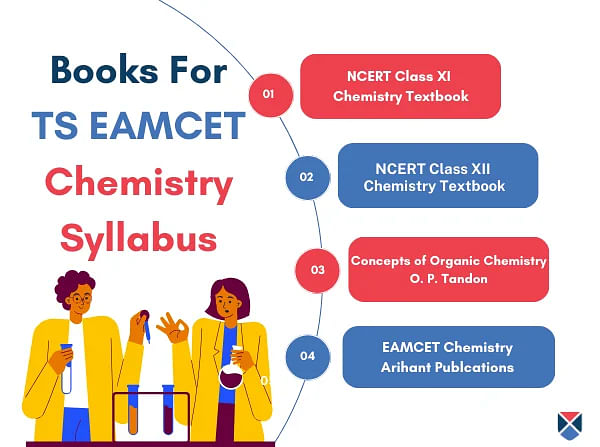
These TS EAMCET Books 2025 are highly recommended and can help candidates improve their preparation for the exam.
TS EAPCET (EAMCET) Chemistry Syllabus 2025 Preparation Tips
Below are some tips that can help candidates achieve better results in exams:
- Understand the syllabus comprehensively, focusing on high-weightage topics.
- Practice solving previous years' question papers to get familiar with the TS EAMCET exam pattern.
- Create a study schedule and allocate dedicated time for each subject and regular revision.
- Utilise quality study materials and textbooks such as NCERT and recommended publications.
- Candidates can practise the TS EAPCET (EAMCET) Mock Test to improve their speed and accuracy
- Join online or offline test series to assess your progress and identify areas for improvement.
- Stay consistent, manage time effectively, and prioritise understanding concepts over rote memorization.










